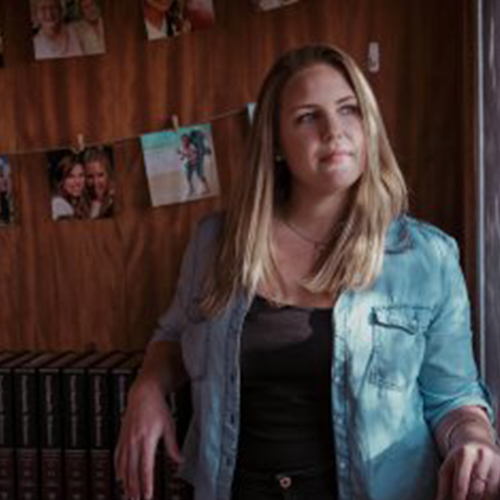
A possible cure for dementia and saving the Great Barrier Reef from invasive crown-of-thorns starfish are now within reach as UQ launches a historic $500 million philanthropic campaign.
Launched at the weekend, UQ’s Not If, When – the Campaign to Create Change aims to change lives within our community and around the world by encouraging support for research, disadvantaged students and teaching leadership.
UQ researcher and cervical cancer vaccine co-inventor Professor Ian Frazer said the launch came at a time when UQ researchers were close to solving some of society’s most pressing issues.
Professor Frazer is leading the campaign with his wife, UQ alumnus Caroline Frazer.
“I have seen first-hand how powerful giving can be, through the generosity of donors who greatly helped my research at UQ,” he said.
“The Not If, When campaign will connect our donors with causes they are passionate about and help us to create change together,” Professor Frazer said.
More than 200 million doses of Professor Frazer’s cervical cancer vaccine have been distributed across 130 countries, saving countless lives and millions of dollars in health costs.
Last week the federal government announced that an improved version of the vaccine would be provided free to young Australians next year, giving even higher levels of protection.
“Not If, When is the first comprehensive philanthropic campaign launched by a Queensland university,” Professor Frazer said.
“Donations, no matter how large or small, can accelerate important research with local and global impact.
“They can also provide life-changing opportunities for deserving students who would otherwise struggle to achieve their educational dreams.
“UQ has the research excellence, resources and people to help achieve the outcomes our donors are hoping for.”
UQ Vice-Chancellor and President Professor Peter Høj said the campaign was a significant step towards matching the philanthropic cultures of other leading economies.
“Philanthropy allows individuals, families and organisations who share our vision for a better world to partner with UQ people, secure in the knowledge that their funds will go to the cause of their choice.
Donors, including UQ alumni and members of the broader community, can make a genuine difference by helping solve local, national and global problems,” Professor Høj said.
The campaign target is to raise $500 million by the end of 2020. More than half has already been raised since its internal launch in 2013.
The campaign is not raising money to fund operational and business-as-usual matters.
Professor Høj said donor contributions would deliver benefits for generations to come.
“Individuals, families and communities are benefitting from the Poche Centre for Indigenous Health and one of Australia’s first telerehabilitation clinics for speech pathology.
“Both these initiatives have been funded by the extraordinary support of philanthropists who are driven to make the world a better place.
“Among many other things, donors enable scholarships and mentoring through the Young Achievers Program which has provided a pathway to higher education for hundreds of students who might not otherwise have been able to attend university,” he said.
“Now, more than ever, our future will be shaped by donors and their vision for a better world.”
To learn more about the campaign and how you can make a genuine difference, visit uq.edu.au/giving.



